HotSpots H2O: Venezuela, Where Hospitals and Homes Lack Soap and Water, Announces First Coronavirus Cases
Caracas, Venezuela. Photo courtesy of Pixabay.
For years, Venezuela’s healthcare system has veered toward collapse. Water, medicine, protective equipment, and other essentials have been in short supply. As the country reports its first coronavirus cases, experts fear the nation could be an ideal breeding ground for the disease.
“I am very concerned that in Venezuela there are no supplies, medicines, or even water in hospitals or homes,” Josefina Moreno, a university professor with a history of respiratory disease, said in an interview with Reuters. “The prevention measures that everyone is talking about are hard to comply with here.”
As of Sunday afternoon, a total of 10 coronavirus cases had been confirmed in Venezuela, according to Jorge Rodriguez, minister of communication and information.
After the first two cases were announced on Friday, schools across the country were closed indefinitely. Later that day, neighboring Colombia — which announced its first case last week and now has several dozen cases — halted all border crossings with Venezuela. The two countries share a 1,370-mile (2,200-kilometer) border.
Venezuela has also barred all flights with Europe and Colombia, and Venezuelan opposition leader Juan Guaidó canceled planned street demonstrations.
The protective measures, however, fail to address Venezuela’s major vulnerability in combating the virus: a woefully unprepared healthcare system.
Under President Nicolás Maduro, Venezuela has descended into political and economic chaos, with hyperinflation, government corruption, and power and water outages now daily realities for residents of the South American nation. This hostile environment has left many hospitals and households unable to practice basic hygiene, leaving Venezuelans acutely vulnerable to the coronavirus.
“Most hospitals don’t have water, face masks, or even soap,” Dr. Patricia Valenzuela, a board member of the Venezuelan Society of Infectology, told the Associated Press. “We’re not prepared.”
In the city of Maracaibo, paint buckets are utilized as toilets due to ongoing water shortages. Countrywide, antibiotics and other general medical essentials are unavailable. In many areas, residents are clamoring to buy food and health supplies, and price gouging is in full swing.
“It’s honestly hard to imagine a more fertile playground for the coronavirus than Maduro-era Venezuela,” Daniel Lansberg-Rodríguez, a geopolitical risk analyst at Northwestern University’s Kellogg School of Management, told the Associated Press. “Its understaffed and ill-supplied healthcare system already collapsed years ago.”
The issues with Venezuela’s hospitals are playing out on a smaller scale in daily residential life. Sweeping power blackouts, as well as inadequate infrastructure, have left most Venezuelans without a steady, safe water supply. Many also lack access to — or can no longer afford — basics like soap, leaving civilians unable to practice frequent hand-washing.
Kayla Ritter is a recent graduate of Michigan State University, where she studied International Relations and Teaching English to Speakers of Other Languages. She is currently based in Manton, Michigan. Kayla enjoys running, writing, and traveling. Contact Kayla Ritter

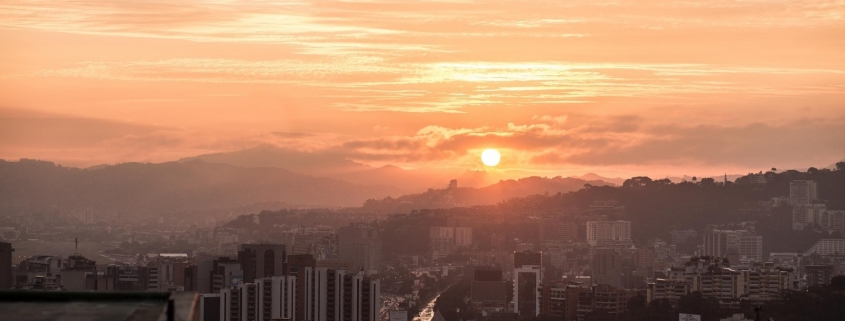
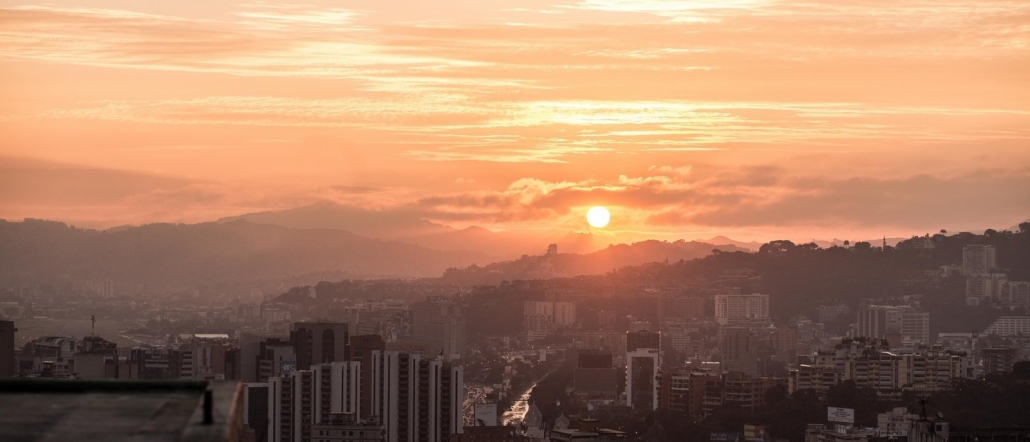

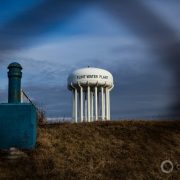
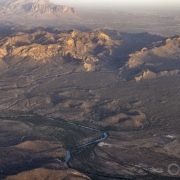 © J. Carl Ganter / Circle of Blue
© J. Carl Ganter / Circle of Blue 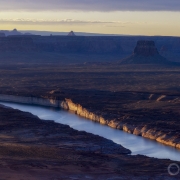

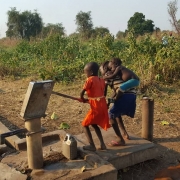



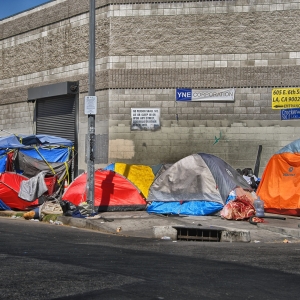

Leave a Reply
Want to join the discussion?Feel free to contribute!